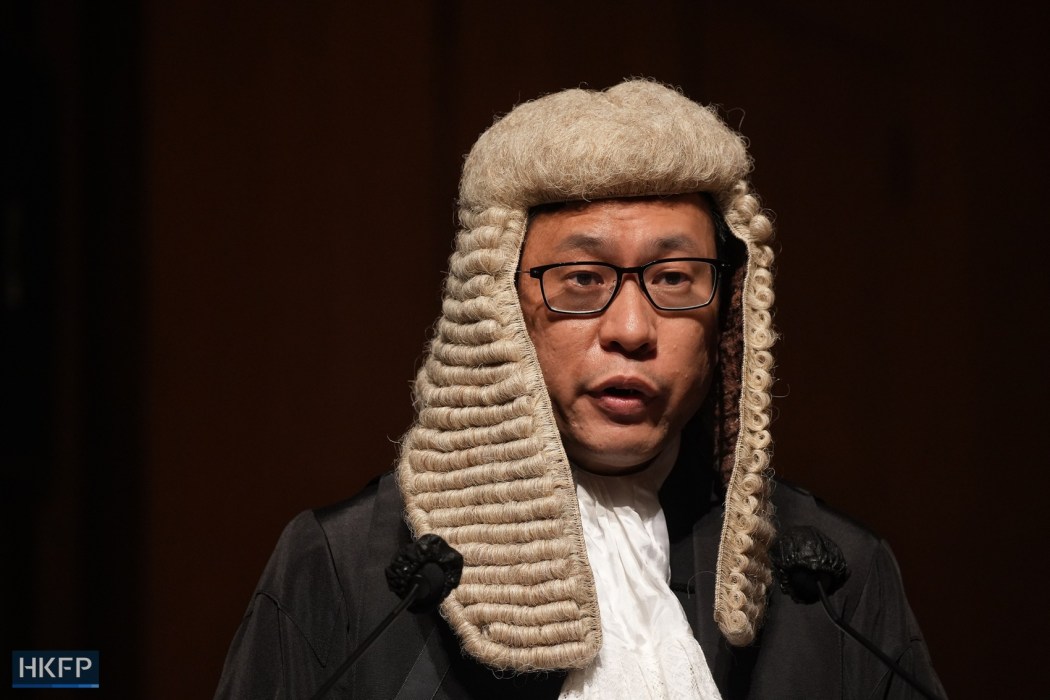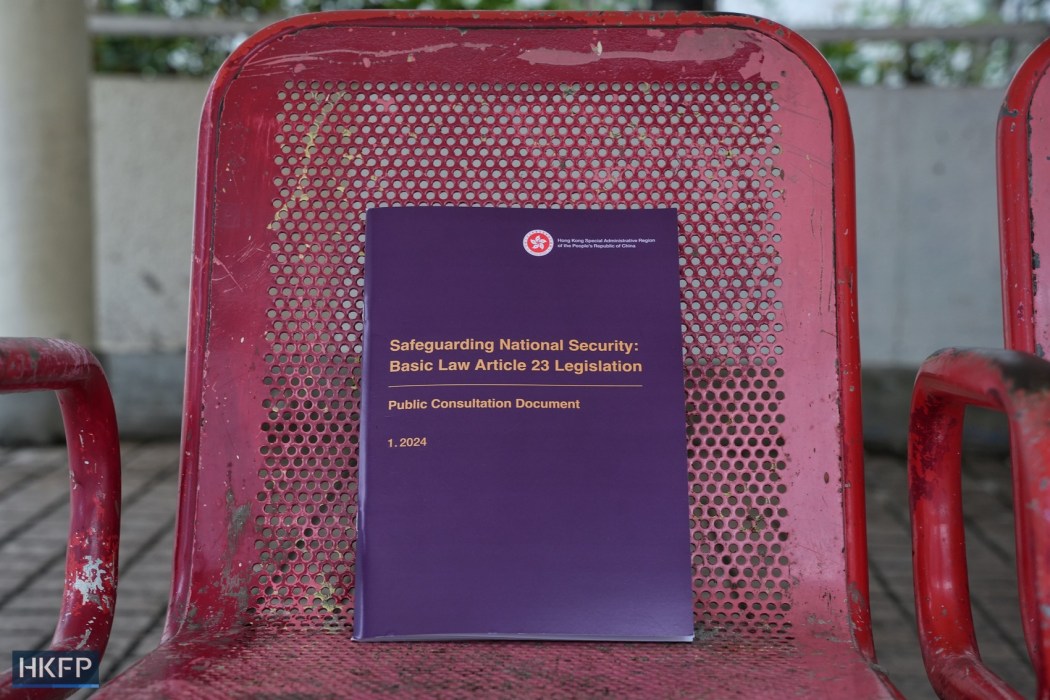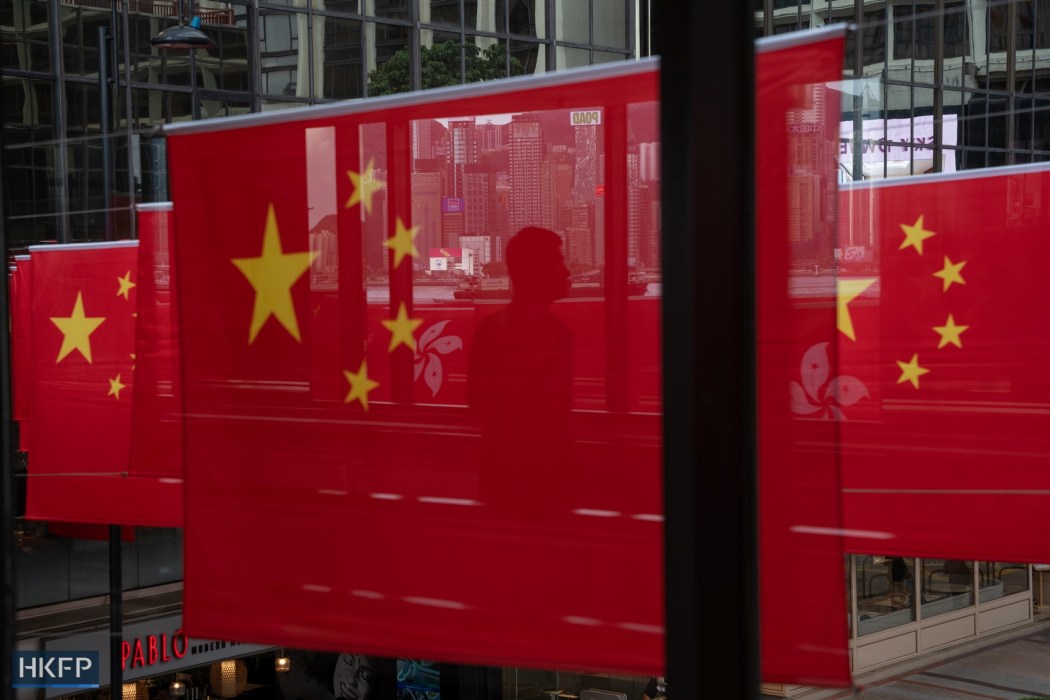The suggestion of including a public interest defence against the offence of disclosing state secrets under Hong Kong’s new security law was “certainly worth considering,” a top barrister has said.

Hong Kong should “definitely consider” including such a defence in the legislation required under Article 23 of the city’s mini-constitution, the Basic Law, Hong Kong Bar Association chairman Victor Dawes said on Friday.
The professional group representing barristers in the city had been silent since a four-week public consultation exercise for the legislation began on Tuesday. The government released a 110-page document on its renewed attempt to implement the domestic law, which was shelved for more than 20 years after the legislation failed in 2003.
Article 23 of the Basic Law stipulates that the government shall enact laws on its own to prohibit acts of treason, secession, sedition and subversion against Beijing. Its legislation failed in 2003 following mass protests and it remained taboo until after the onset of the separate, Beijing-imposed security law in 2020. Pro-democracy advocates fear it could have a negative effect on civil liberties but the authorities say there is a constitutional duty to ratify it.

The latest proposals would criminalise treason, insurrection, theft of state secrets and espionage, sabotage and external interference. The city is also seeking to define “state secrets” along mainland China’s legislative line, covering information related to major policy decisions on China or Hong Kong affairs and the socio-economic development of China or Hong Kong.
Proposed definition of “state secrets” under the Article 23 legislation
If any of the following secrets, the disclosure of which without lawful authority would likely endanger national security, the secret amounts to a state secret:
(a) secrets concerning major policy decisions on affairs of our country or the HKSAR;
(b) secrets concerning the construction of national defence or armed forces;
(c) secrets concerning diplomatic or foreign affair activities of our country, or secrets concerning external affairs of the HKSAR, or secrets that our country or the HKSAR is under an external obligation to preserve secrecy;
(d) secrets concerning the economic and social development of our
country or the HKSAR;
(e) secrets concerning the technological development or scientific technology of our country or the HKSAR;
(f) secrets concerning activities for safeguarding national security or the security of the HKSAR, or for the investigation of offences; or
(g) secrets concerning the relationship between the Central Authorities and the HKSAR.
Speaking to reporters outside the High Court, Dawes said other jurisdictions had included a public interest defence in legislation on state secrets or information security. There were also discussions as to whether such a defence should be made available to journalists, the senior counsel said, as media outlets may produce investigative reporting involving government information.
“It is something we should definitely consider. But if were to do this, the threshold will have to be stated very clearly. The threshold can’t be too low,” he said.
Dawes said the question of such a defence would depend on how much harm a disclosure caused to national security. The professional group would have to consider the legislative proposal carefully before offering any constructive opinions, he said.

Last week, the Bar Association chairman called on the government to ensure the consultation process was transparent and thorough to refute claims that the authorities were “not prepared to listen.” The legislation must be “clear and precise” as well, he said.
In June 2020, Beijing inserted its own national security legislation directly into Hong Kong’s mini-constitution following a year of pro-democracy protests and unrest. It criminalised subversion, secession, collusion with foreign forces and terrorist acts, but it did not target all seven offences listed under Article 23.
Chief Executive John Lee said last June that the homegrown security law would “definitely” be enacted within that year or the next year at the latest, before vowing during last year’s Policy Address that legislation would be completed in 2024.
Support HKFP | Policies & Ethics | Error/typo? | Contact Us | Newsletter | Transparency & Annual Report | Apps
Help safeguard press freedom & keep HKFP free for all readers by supporting our team
























